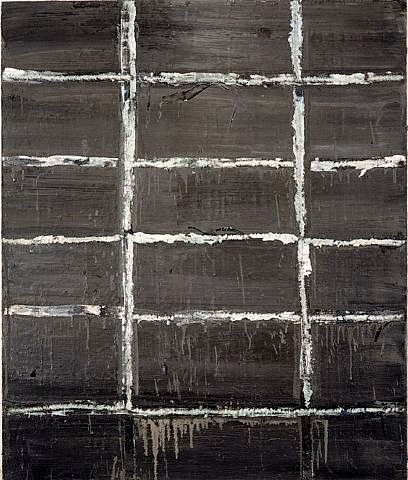"Completely abstract paintings, in which there is no figure, landscape, still life or other subject, are about composition itself. We see the paint as paint. We see the color and texture and value and the way paint was applied, the gestural touch of the painter's hand."
Accomplished abstraction is never just "about composition itself". It participates in a long and diverse legacy of ontological investigation and proposition. It embodies, through specific resonances of color, configuration and physicality, a sense of place -- psychological, physical, existential -- and proposes the potential for meaning through the agency of visual metaphor and presence.
Abstraction reflects a cosmology that is not anthropocentric or dogmatic, but concerned with open and ineffable experience, and built upon ambiguity, speculation, and uncertainty.
Abstraction reflects a cosmology that is not anthropocentric or dogmatic, but concerned with open and ineffable experience, and built upon ambiguity, speculation, and uncertainty.
A very abbreviated tour of abstraction through time:
Ron Gorchov
Terry Winters
Brice Marden
Richard Long
Blinky Palermo
Forrest Bess
Joan Snyder
Louise Fishman
Richard Tuttle
Walter De Maria
Cy Twombly
Jasper Johns
Robert Rauschenberg
Joan Mitchell
Agnes Martin
Mark Rothko
Barnett Newman
Piet Mondrian
Kazimir Malevich
Paul Klee
Wassily Kandinsky
Tantric Painting, India, 20th century
Aboriginal Australia, 20th century

Weaving, Navajo, 19th century
Textile, Ghana, 19th century
Tiebele, West Africa
New Mexico, circa 1200
Textile, Peru, circa 1200
Greek, 8th century BC
Minoan, 1800 BC
Ethiopia
Cueva del Castillo, Spain, circa 40,000 BC
Images from the Internet






























